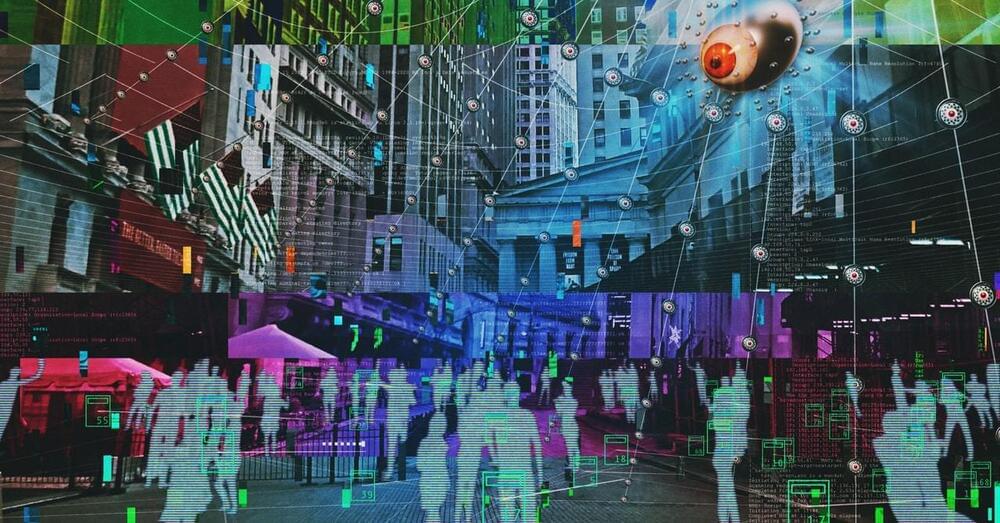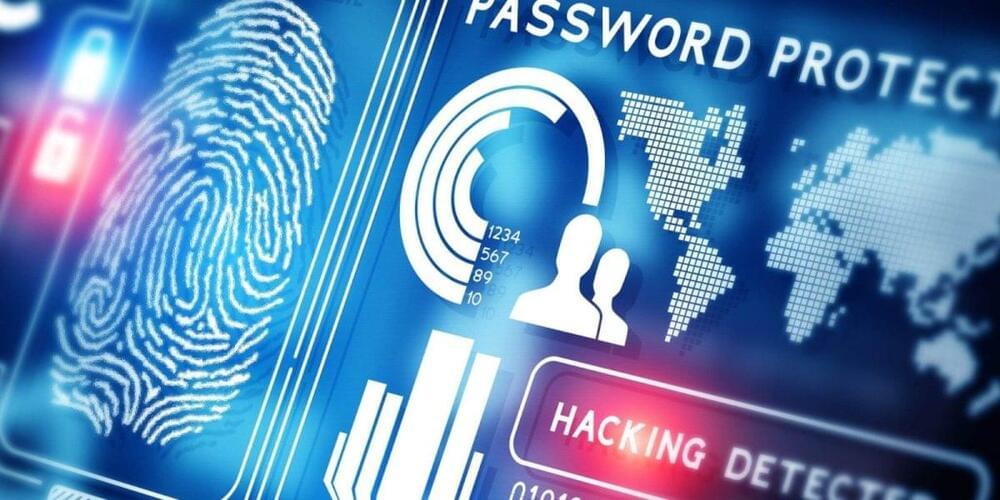
One afternoon in the fall of 2019, in a grand old office building near the Arc de Triomphe, I was buzzed through an unmarked door into a showroom for the future of surveillance. The space on the other side was dark and sleek, with a look somewhere between an Apple Store and a doomsday bunker. Along one wall, a grid of electronic devices glinted in the moody downlighting—automated license plate readers, Wi-Fi-enabled locks, boxy data processing units. I was here to meet Giovanni Gaccione, who runs the public safety division of a security technology company called Genetec. Headquartered in Montreal, the firm operates four of these “Experience Centers” around the world, where it peddles intelligence products to government officials. Genetec’s main sell here was software, and Gaccione had agreed to show me how it worked.
He led me first to a large monitor running a demo version of Citigraf, his division’s flagship product. The screen displayed a map of the East Side of Chicago. Around the edges were thumbnail-size video streams from neighborhood CCTV cameras. In one feed, a woman appeared to be unloading luggage from a car to the sidewalk. An alert popped up above her head: “ILLEGAL PARKING.” The map itself was scattered with color-coded icons—a house on fire, a gun, a pair of wrestling stick figures—each of which, Gaccione explained, corresponded to an unfolding emergency. He selected the stick figures, which denoted an assault, and a readout appeared onscreen with a few scant details drawn from the 911 dispatch center. At the bottom was a button marked “INVESTIGATE,” just begging to be clicked.


















